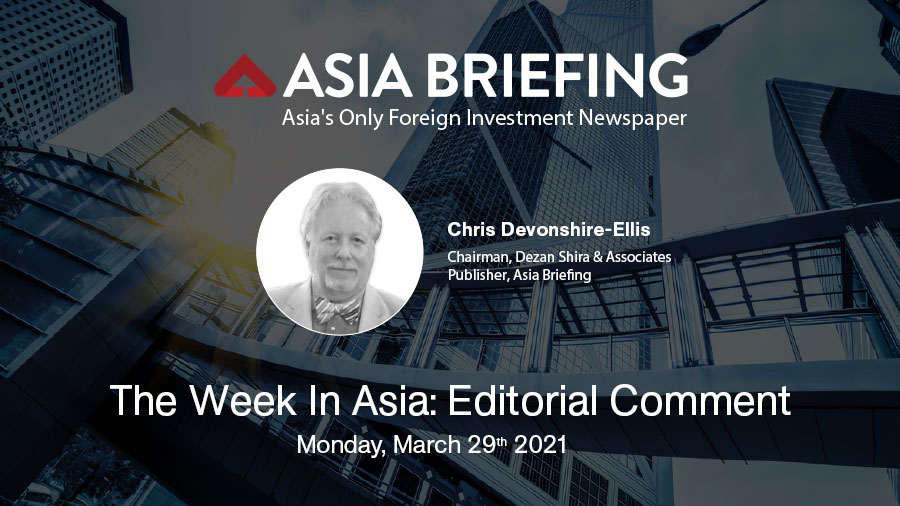
News has emerged concerning the amount of debt owed by the Government of Sudan to the United Kingdom. A report in Sunday’s Observer newspaper has claimed that the war-torn country owes Britain £861m, (US$1.187 billion) of which £684m (US$943 million) is interest, accounting for nearly 80% of the total amount due.
Because of this, Sudan, which is already facing unprecedented food scarcity in a debt-laden country where austerity is deepening, is coming under additional pressure to impose more austerity measures, including further reduction of its public spending and to slash oil subsidies, if it wants its debt re-mortgaged. In effect, the country is being pushed to sell its oil reserves for cheap – just to pay off the interest.
Sudan holds 5 trillion barrels of proven oil reserves, with this equivalent to 97.8 times its own annual consumption.
The UK government has said it is supporting Sudan’s economic recovery. “That’s why we are not currently pursuing Sudan for its unpaid debts and are committed to agreeing a comprehensive treatment of these instead” according to the Observer. Others disagree: Nick Dearden, director of Global Justice Now, said the UK was among those which had been “a force for more harm than good” following decades of Anglo-Egyptian rule of Sudan until 1956, and criticized how support was dependent on the rolling back of public spending. Dearden is quoted as saying “It’s really unconscionable that Britain continues to hold these loans as some form of leverage over Sudan’s government today.”
While these findings make disturbing reading and illustrate if correct a staggering amount of immorality within the financial methodology, it is also incredibly hypocritical: a great deal of UK and Western media and some academic institutions have meanwhile been hyper-critical of China loading up African and other countries with debt. In fact, the average rate of annual interest China typically charges for BRI loans is just 2% – the UK Government has been charging Sudan a compounded 12% per annum.
More recently, the UK and other Western nations have accused Beijing of Genocide against the Uyghur Muslims. I have travelled extensively around the Xinjiang region in the past and can state that while the situation in the region is far from ideal, it is not Beijing’s sole fault that this has developed. It is also not ‘Genocide’ in what was the accepted term until a re-interpretation in 1998. The Rome Treaty agreed back then expanded the definition, and rightly so to include other definitions which can be used objectively, racial, or religious persecution, apartheid, forcible transfer, and deportation. These now carry the same weight as murder, extermination, slavery, torture, and rape. The inclusion of these less dramatic offenses achieves three ends; the ability to highlight abuses when they occur, the diminishment of the word ‘genocide’ and the clubbing together of an abuse of race relations as a crime akin to murder. It is a step too far.
Rather than beat up China over the Uyghurs, the West would do better to understand the issues. While these are difficult terms and circumstances to accept, I can understand why Bejing is saying that what is happening in Xinjiang is not Genocide. With the West stating that China has been inflicting debt traps on emerging nations, a situation later found to be untrue, the West needs to be careful of whom it accuses of Genocide. It is a dirty, awful word designed to invoke images of mass genetic slaughter and atrocities. That is not what is happening in Xinjiang. But it is what the United States inflicted upon the American Indians, the British upon the Irish, the French against the Algerians and the Germans against the Jews. Those were atrocities. Genocide as a descriptive should not be used so lightly and the West diminishes its own history in doing so.
Best regards;

Chris Devonshire-Ellis
Chairman, Dezan Shira & Associates
Publisher, Asia Briefing
E: editor@asiabriefing.com
W: www.dezshira.com
Disclaimer
Any views or opinions represented in this blog are personal commentary, belong solely to the contributor and do not necessarily represent the views of Asia Briefing Limited or Dezan Shira & Associates.


